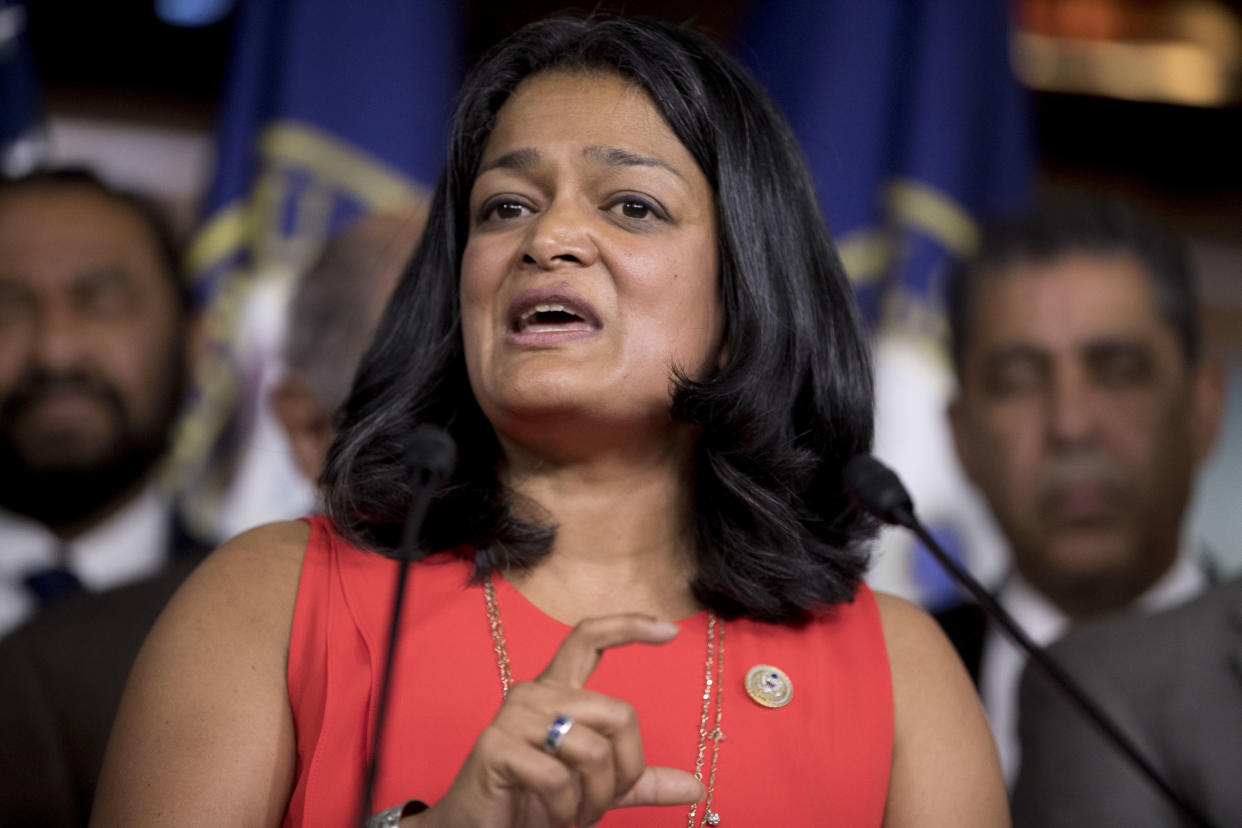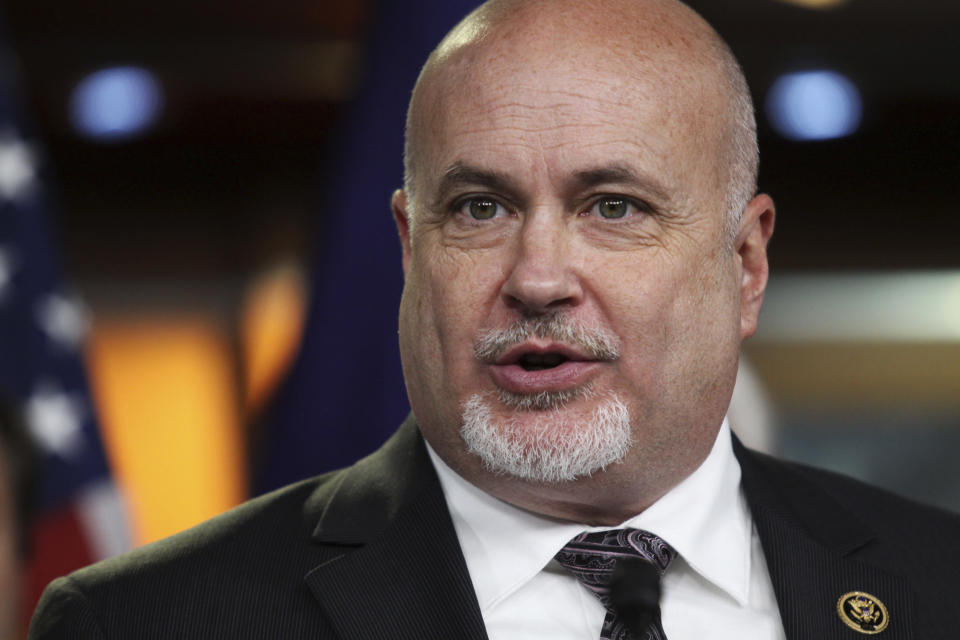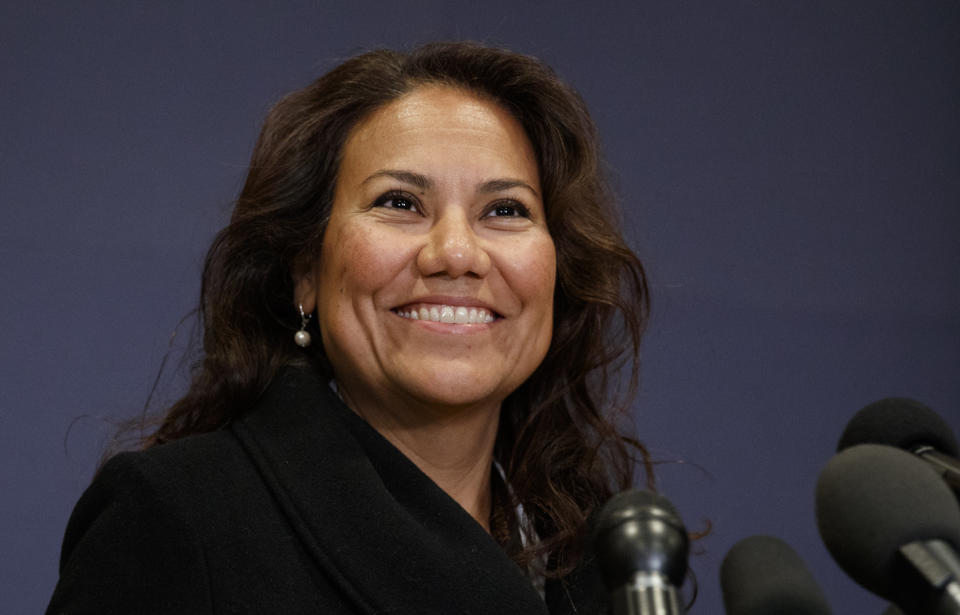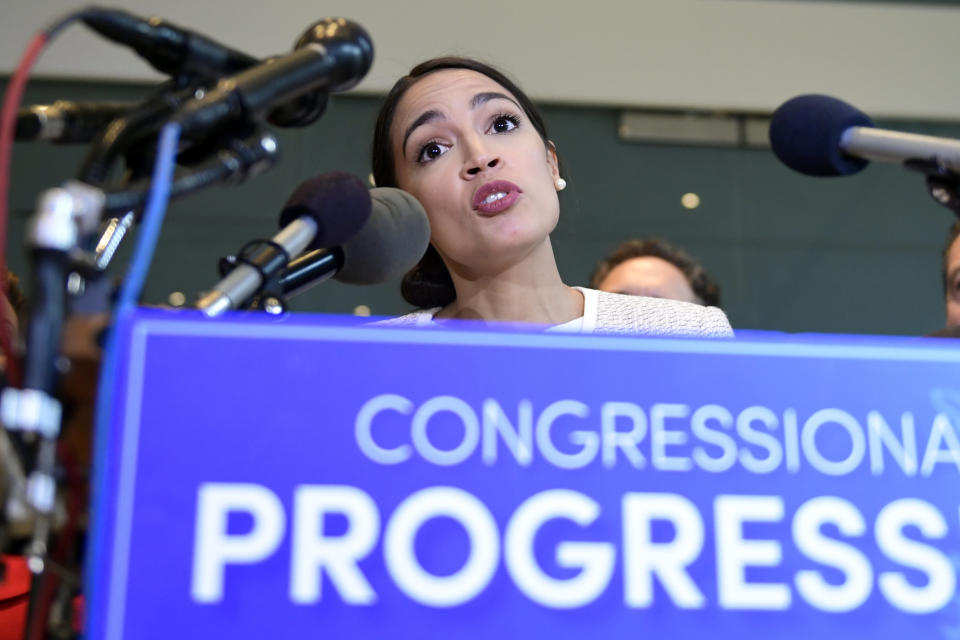Will the House Progressive Caucus play ball — or hardball — with Pelosi?

The Congressional Progressive Caucus is set to add at least 10 new members — including Rep. Alexandria Ocasio-Cortez of New York and Rep. Ayanna Pressley of Massachusetts, who successfully won primaries against Democratic incumbents — in the new session of Congress, with their membership now exceeding 90 members. It’s a group with diverse ideologies (some not particularly progressive, as a few members are also part of more moderate groups) that will likely have more power with its growing ranks and with Democrats taking control of the House. Does that mean the group will become a left-wing version of the tea party, whose obstructionism created endless difficulties for the last two Republican House speakers? Does Nancy Pelosi risk the same fate?
The tea party’s wing in Congress is the House Freedom Caucus, a group of far-right legislators (approximately three dozen in the new 116th Congress) that, after driving former House Speaker John Boehner from Congress, blocked Rep. Kevin McCarthy from succeeding him and by voting as a bloc exerted outsized influence on legislation ranging from an Obamacare repeal to the farm bill. If outgoing Speaker Paul Ryan needed to pass a bill without Democratic support, he needed the votes of the Freedom Caucus, which gave the group a virtual veto on legislation, a power fellow Republicans didn’t always appreciate.
The Progressive Caucus, or CPC, is roughly three times the size of the Freedom Caucus, but that doesn’t necessarily translate into more power; their greater numbers may hinder their ability to overcome internal differences and vote as a unified bloc. Also, they are, well, progressives, representing a political philosophy inherently less inclined to submit to discipline than conservatives.
One of their first goals will be to get more representation in key areas, a process co-chairs Rep. Mark Pocan of Wisconsin and Rep. Pramila Jayapal of Washington began by cutting an early deal with Pelosi. In exchange for endorsing her for speaker, they received promises of CPC representation on five powerful committees: Ways and Means, Energy and Commerce, Appropriations, Financial Services and Intelligence.
“I’ll be honest, we haven’t thought strategically — the progressive caucus hasn’t leveraged its power strategically before,” Jayapal told reporters in November. “So we are in the process of doing that and helping people to get there.”

Pocan told Yahoo News that the new members have been focused on immigration, Medicare for All and climate change but that fixes to the Affordable Care Act and pharmaceutical drug prices, infrastructure, and dealing with the culture of corruption in Washington would lead the agenda at the start of 2019. He said the caucus also wants to make CPC’s issues a priority in the high-profile Democratic primary leading up to 2020. (Sen. Elizabeth Warren of Massachusetts, who officially announced her plans to explore running for president Monday, already said she supports the “idea” of the Green New Deal climate change policy pushed by Ocasio-Cortez.)
“We’re where the people are at,” said Pocan. “We know from the polling that the progressive issues are where the vast majority of the public are. If we’re putting these issues forward as people are running for president, they’re going to be responding to that along the way. We’ve got a good opportunity to hopefully take the White House and Senate to join the House. Then we really are in a position where we’ve got everything in place and we better be able to get some things done.”
Pocan is correct about some of the CPC’s signature issues polling well. An August Reuters poll found that 70 percent of Americans — including a slim majority of Republicans — supported Medicare For All. Recent polling also found majorities in favor of legalizing “Dreamer” immigrants, raising corporate taxes, raising taxes on the wealthy, raising the minimum wage and that climate change is a serious issue that needs action. However most Americans oppose abolishing the Immigrations and Customs Enforcement, or ICE, an issue supported by the group’s leadership, who introduced legislation to eliminate the agency last year.
On health care expansion, Pocan said the next two years would be devoted in part to a grassroots effort to pressure elected officials who are used to hearing from industry lobbyists. In Washington, Jayapal https://www.thedailybeast.com/70-democrats-sign-on-to-new-medicare-for-all-house-caucushelped create a Medicare for All caucus last summer that has gained at least 70 members.
“Change is always difficult, and someone is always going to be impacted negatively in some remote part of the industry, and you have to be able to have a plan for how you deal with that,” said Pocan. “K Street has a lot of squeaky wheels, and people hear from them inside the Beltway. What we need to do is get people back home because back home those special interests don’t speak like they do out here. The constituents do, and the constituents are worried about losing access to health care. I think that’s part of the battle.”
The grassroots efforts Pocan mentioned might include groups like Indivisible and MoveOn, who were present at a CPC event introducing new members in November. The event was held at the AFL-CIO headquarters in Washington, D.C., a location meant to foster a potential alliance among progressive legislators, unions and activist groups.

Rep. Veronica Escobar, a freshman congresswoman from El Paso, Texas, is one of those newcomers to the CPC, a vice chair and the group’s liaison to the Congressional Hispanic Caucus. In an interview with Yahoo News, Escobar said that she recognizes the fear of a left-wing Freedom Caucus and views that as a “good cautionary tale” but doesn’t envision her group employing similar tactics.
“I completely understand the fear because we’ve seen what has happened with the Freedom Caucus,” said Escobar. “They have changed American politics for the worse, but I really do have faith that within our Democratic Party there will be a recognition that 1) the American public is now demanding that we fight for certain values, but 2) I do think it’s important for all of us to be very respectful of the different viewpoints because I don’t want intraparty fighting. It’s something that’s unavoidable to a certain extent, but all of us need to keep our eye on the prize, which is moving our agenda. The Freedom Caucus on that side have gotten caught up in sabotaging one another within that party.”
Escobar, who ran on a single-payer health care program, said her intention is to be flexible in working with her colleagues and to consider multiple paths to a goal she believes most Democrats share.

Shortly after her primary victory last summer, Ocasio-Cortez suggested that perhaps a smaller voting bloc like the Freedom Caucus could gain power in holding out votes from party leadership.
“The thing that gives the caucus power is that you can operate as a bloc vote in order to get things done,” Ocasio-Cortez told Jacobin magazine’s “The Dig” podcast in July. “Even if you can carve out a sub-portion, a sub-caucus of the progressive caucus, even if you could carve out that, even a smaller bloc but one that operates as a bloc, then you could generate real power.”
Shortly after the election, Ocasio-Cortez — one of two Democratic-Socialists joining the 116th Congress — made headlines for her push for a Green New Deal on climate change, joining a protest in Pelosi’s office, and for advocating for progressives to challenge more moderate incumbents. (Ocasio-Cortez did vote for Pelosi for House speaker on Thursday.)
In an early test of how the Progressive Caucus would play with leadership, both Pocan and Jayapal announced that they would support a rules package, known as “paygo,” that was opposed by the group’s vice-chair, Rep. Ro Khanna, D-Calif., and Ocasio-Cortez. The rule, viewed by some as a sop to moderates, would require the House to offset any new spending with budget cuts to avoid increasing the deficit. Whether a new, smaller caucus or unofficial alliance of left-wing votes will emerge to exercise the kind of power over the Democratic House that the Freedom Caucus wielded over Republicans will be one of the key tests Pelosi faces in the months ahead.
Read more from Yahoo News:



